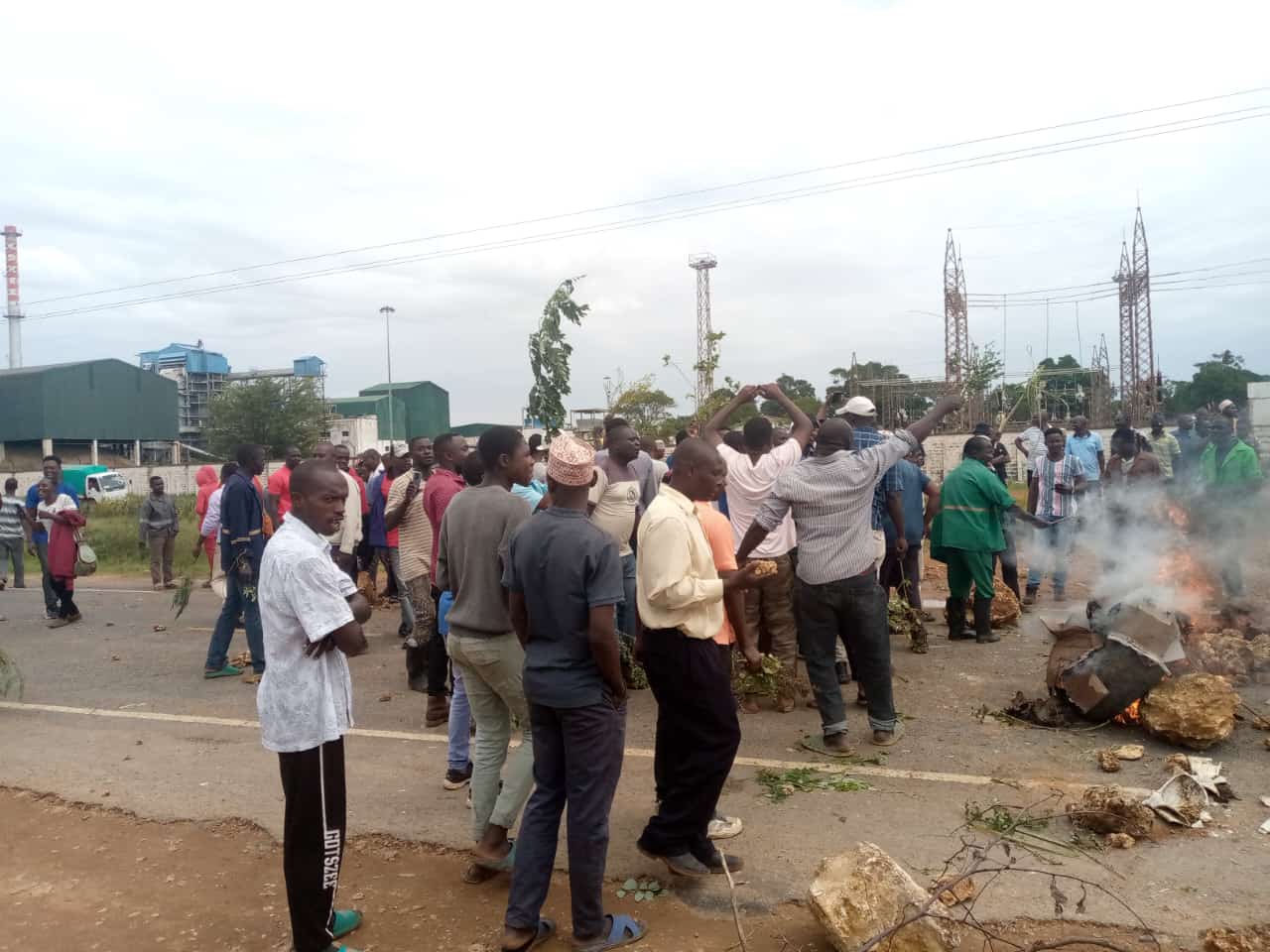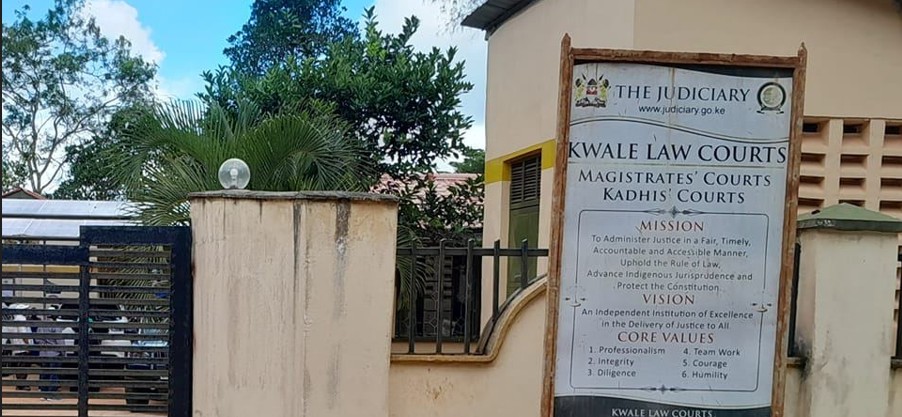Over 2,000 workers at Kwale International Sugar Company down tools over unpaid salaries

The strike has brought operations at the sugar production facility to a halt and disrupted the local economy, which heavily relies on KISCOL for employment and income.
At least 2,000 workers at Kwale International Sugar Company (KISCOL) have gone on strike, demanding overdue salaries and benefits. The strike, which involves both casual and permanent employees, has now entered its third day, severely disrupting the company’s operations and drawing attention to broader issues within the regional sugar industry.
The workers, who have not been paid for five months, expressed growing frustration over their financial struggles. Fred Opito, a representative of the striking employees, highlighted the dire situation, stating, “We have not been paid for five months, and this is taking a toll on us and our families. We are struggling to meet basic needs like food and rent. The company promised us timely payments, but we have seen nothing.”
More To Read
- Unions warn of shutdown as Technical University of Kenya workers demand December pay
- Court declares nationwide lecturers’ strike illegal as negotiations fail
- Lecturers strike to start at midnight after negotiations with govt stall
- Lecturers to resume strike in seven days if salary hike is delayed
- Business disrupted as Eastleigh matatu operators clash with hawkers
- Police arrest, fire tear gas at lecturers striking in Nairobi CBD
His concerns were echoed by fellow worker Mwane Mutio, who added, “We have tried to engage with management several times, but our concerns have been ignored. It is frustrating and demoralising. We are not only worried about our current financial hardships but also about our future job security.”
The strike has brought operations at the sugar production facility to a halt and disrupted the local economy, which heavily relies on KISCOL for employment and income.
Despite mounting pressure, KISCOL management is yet to respond publicly to the strike or offer a resolution plan, further intensifying workers' frustration.
In addition to wage disputes, the workers have also raised concerns about poor working conditions and inadequate benefits.
Meshack Nyambu, a shamba boy at the facility, lamented, “We were promised payment last week, but it never came. We are supposed to be paid weekly, but they are giving us half salaries. We are supposed to be paid Sh300 per day, and the money is too little.”
Josephine Makau, another worker, shared her plight, saying, “I depend on this job to feed my children and grandchildren. The situation is becoming unbearable due to the salary delays.”
Driver Omar Abdallah Lali criticised the handling of the situation by local authorities, saying, “We are conducting a peaceful demonstration, so we do not understand why the police are being called on us. Our politicians have neglected us. If our leaders could hold the owner accountable, we would not be in this position. The owner is arrogant and dismissive.”
The strike has also highlighted broader issues such as inadequate safety measures and a lack of basic benefits. Casual workers, some of whom have been employed for over a decade, claim they are underpaid and lack basic benefits like health insurance and leave days. There are also complaints about poor vehicle conditions and unremitted deductions for NSSF and NHIF.
The workers have urged the company’s owner to step down if he cannot meet their demands. “We will find investors who can run this company effectively,” said Makau.
The workers remain firm in their demands for payment and improved working conditions, emphasising the need for a swift resolution to avoid further economic disruption. Attempts to reach KISCOL’s director for comment were futile as our calls went unanswered.
Top Stories Today













































